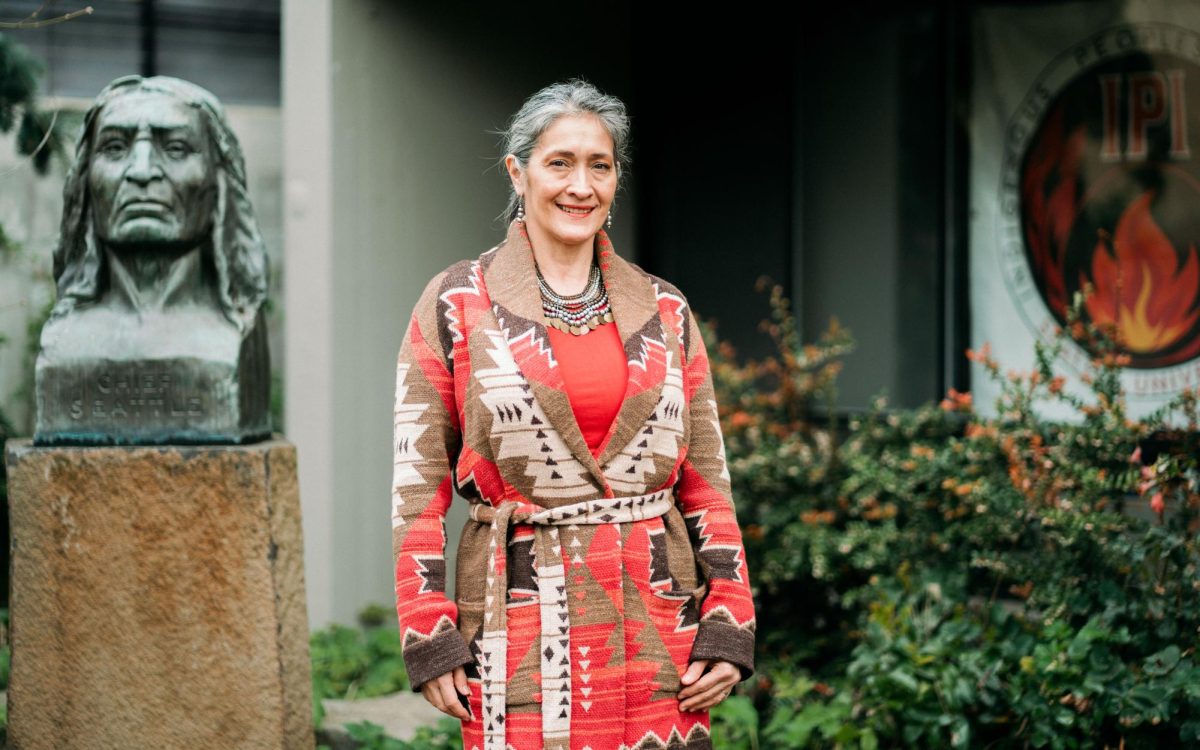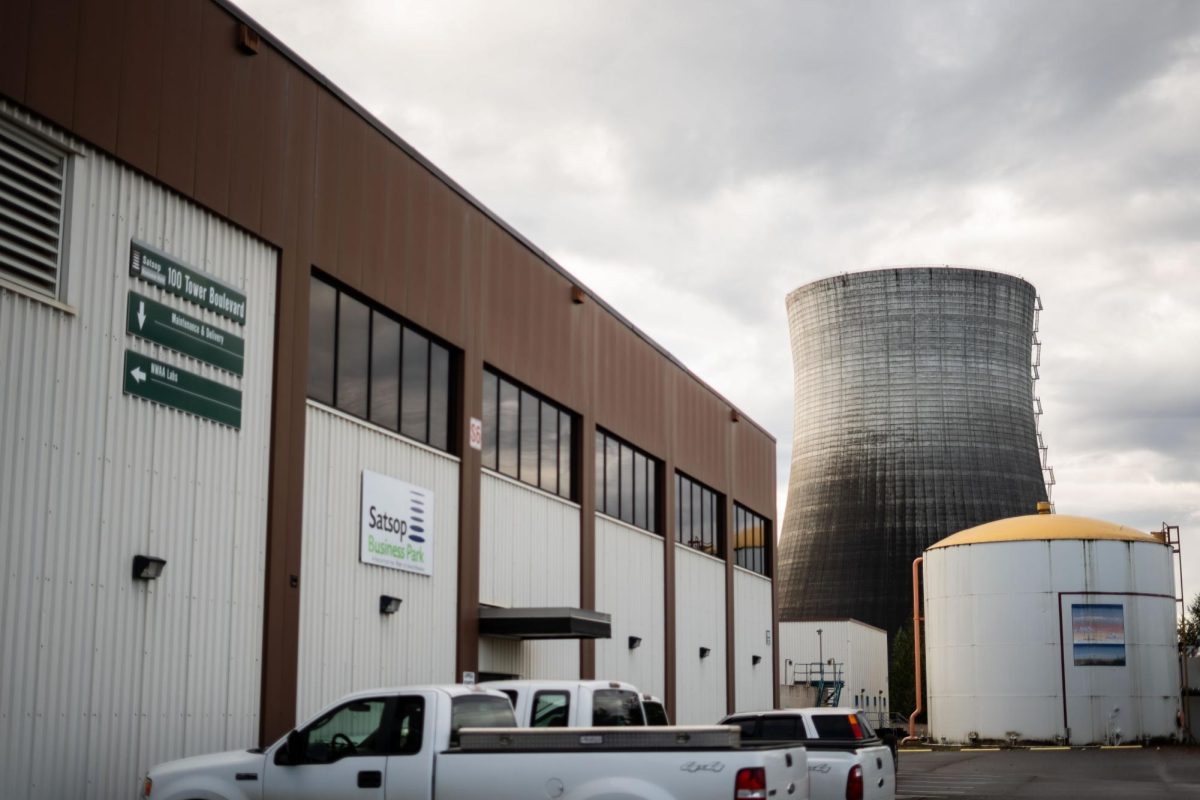“Our journey is not complete until we find a better way to welcome the striving, hopeful immigrants who still see America as a land of opportunity; until bright young students and engineers are enlisted in our workforce rather than expelled from our country.”
With this passionate declaration during his inauguration speech, President Obama made it clear that immigration will be among the hot-button issues of his second term.
He reiterated the importance of this issue in his State of the Union address weeks later, declaring, “As we speak, bipartisan groups in both chambers are working diligently to draft a bill, and I applaud their efforts. Now let’s get this done. Send me a comprehensive immigration reform bill in the next few months, and I will sign it right away.”
As Obama alluded, immigration reform has been of particular importance to college-aged undocumented people as of late.
The issue of immigration has become even more politicized after an election which saw over 70 percent of Hispanic votes going to Obama, a democratic trend that is not likely to slow down anytime soon, according to the Pew Research Center, which found that second generation Hispanics are more likely to vote democratic than their parents.
As a younger generation of immigrants matures, questions about the future remain uncertain as the politics of the issue get messy.
“People should remember most of all that they’re dealing with human beings,” said professor Sonia Barrios Tinoco. “Sometimes people hear the 11 million number and forget that these are people getting reduced to numbers.”
While she is hopeful that immigration reform can take place, she acknowledges that the politics behind the debate can sometimes gloss over the larger issue of people’s lives.
“We have to keep trying to make things better and always strive to make things better for those around you,” Barrios said. “It may seem simple, but we have to keep hoping for something better. That’s my philosophy.”
Despite this hope, politics in the country and Washington state are still largely informing the debate around immigration. Republicans in particular have been rethinking many of their positions on immigration, particularly in light of damaging comments made by Mitt Romney during the campaign, including calls for “self-deportation.”
Last week House Majority Leader Eric Cantor publicly supported allowing children brought to the United States illegally to be allowed a path to citizenship. He had previously opposed the DREAM Act, which posited the same concept.
In an interview with the Associated Press, Mark Krikorian of the Center for Immigration Studies in Washington, which advocates tighter immigration restrictions, said, “All of their [Republican] campaign consultants are telling them that the end is near if they don’t change.”
The Republicans’ shift towards the center has been especially noticeable in the West, where politicians from California, Colorado and Arizona all seem to be moving towards embracing immigration reform. The Republican Party in Nevada recently endorsed giving legal status to illegal immigrants and John McCain and Jeff Flake of Arizona have called for immigration reform. Colorado, a critical swing state that supported Obama in both the 2008 and 2012 elections, remains fairly divided over how to address the issue of immigration.
The future of the DREAM Act (short for the Development, Relief and Education for Alien Minors Act) remains unknown, after being stalled for years in Congress. Though at the national level there has been widespread debate surrounding how best to move forward, Washington state will likely face its own battles over reform.
The Deferred Action for Childhood Arrivals Act, which went into effect on August 15, 2012, guarantees children who came to the country under age 16 two years in the country for serving in the military or to study.
“This act is controversial because it’s not delivering a true immigration reform, one that Latinos and undocumented students have been promised, but it is recognized as a step in the right direction and the next rung in the ladder to passing the DREAM act in Congress,” said Olivia.
Gibbons, a senior international studies and Spanish major who is leading the Dignity, Justice and Work immersion in the spring. “It has been increasingly divided on partisan lines, but the general trend is that it will be passed, though people don’t know yet if it will be in the next four years.”
As reported by the Seattle Times on Feb. 2, while immigrant rights activists are anxious to use the political gains of the election to push for reform, some state Republicans are blocking efforts to provide college aid for young immigrants and better representation in politics.
According to the National Immigration Law Center, Washington is one of 12 states that currently allows certain undocumented students who have attended primary school in the US access to in-state tuition. Activists are now pushing to grant greater financial aid options under the DREAM Act, an initiative that was first pushed for in 2009. There is no verifiable data about how many students would apply for the aid.
“Even if you have conservative views about immigration, the DREAM Act is something that people can really rally around from both sides, because there is a big difference between allowing a 40-year-old man to get citizenship than it is to get a student, someone who came here when she was four, who did not participate in that choice, legal status,” Gibbons said.
“Almost all of the growth in the nation’s working-age population from now until 2050 will come from immigrants and their children,” wrote Gene Demby for NPR—meaning that immigrants will become a key group for Republicans to woo back to their side.
“The metaphor that people used in the 20th century about immigrants and integration was…America’s a melting pot,” said Pew researcher Paul Taylor in the NPR article. “I think the better metaphor for the 21st century might be a mosaic—that is, distinct parts of a larger whole.”
The Dignity, Justice, and Work Immersion during Spring Break in the Yakima Valley will explore issues pertaining to immigration in Washington state, and Gibbons encourages it as a first step towards getting more involved in the immigration debate.
“Learn about this issue and realize the immediacy of the situation,” Gibbons said. “It affects students at this school who live with the threat of deportation every day. Chances are you know a dreamer and you probably know more than one.”
Olivia may be reached at [email protected]










